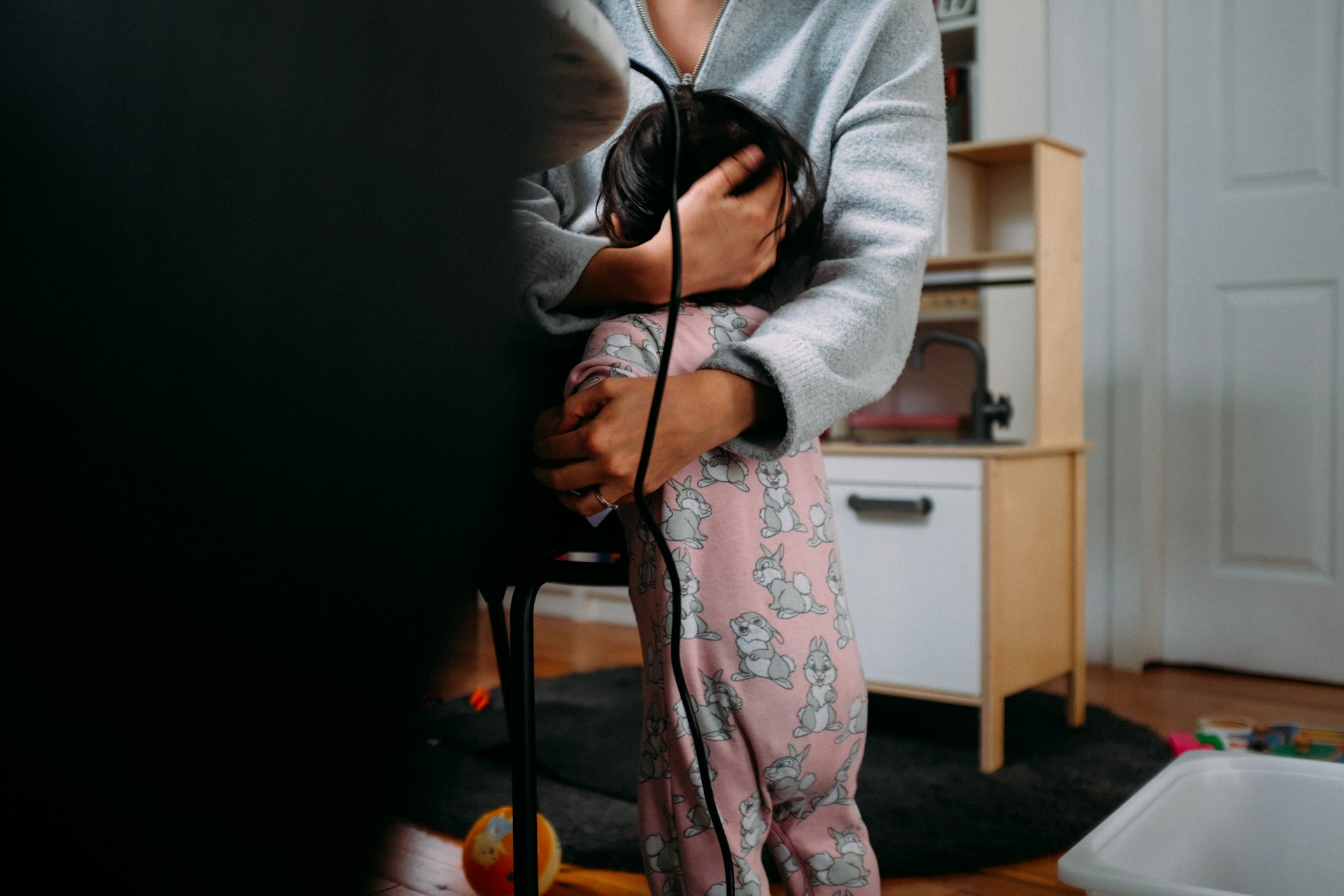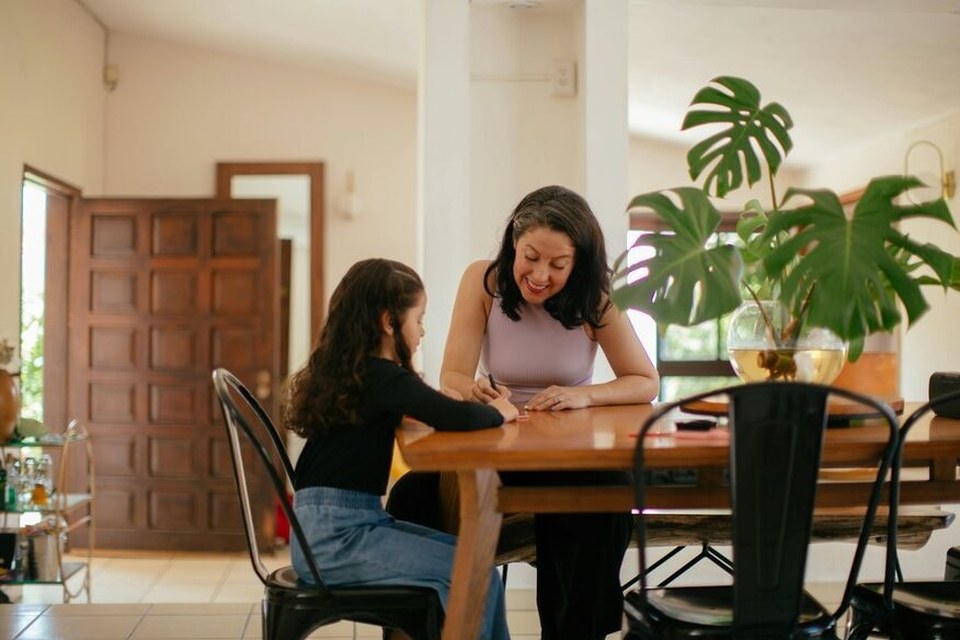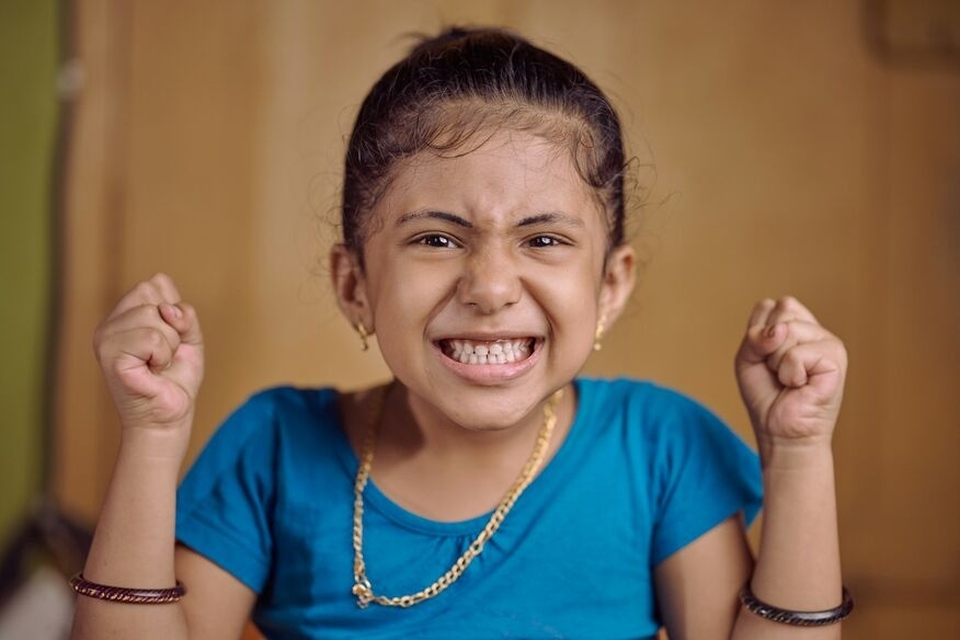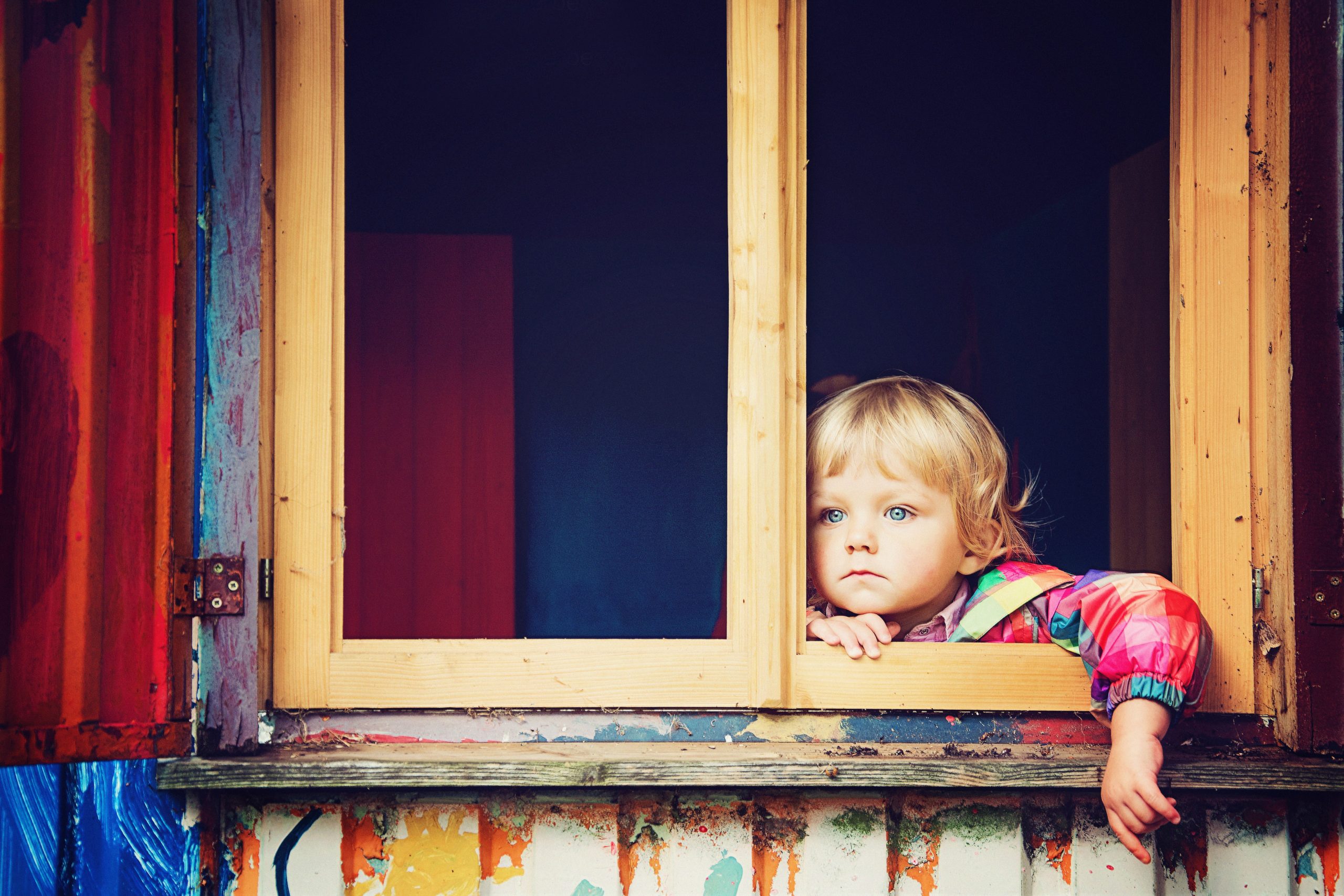10 Tips for Parenting Highly Sensitive Children
Highly sensitive children are those whose nervous systems process stimuli more deeply and intensely than the norm, making them supersensitive to their surroundings and easily overwhelmed by the sensations they experience. In her book, The Highly Sensitive Child, psychologist Elaine Aron depicts highly sensitive children as perceiving more, pondering more, and feeling more in every situation that they quickly reach their limits and the sensory overload becomes more than they can handle. Common Characteristics of Highly Sensitive Children Their brains never turn off. Highly sensitive children are acutely tuned in to everything and everyone in their surroundings, and tend to be extremely bright, intuitive, reflective, and insightful. They take in more sensory information from their environment than most other kids do, notice subtle details and nuances that are typically overlooked, process information more thoroughly, and often have an amazing memory and recall of details. They are easily overwhelmed by sensory stimuli. Highly sensitive children have a more reactive nervous system than the norm, which causes them to experience noise, light, smells, tastes, and textures more intensely than other children do. They have a heightened awareness of subtle details, such as faint sounds, barely perceptible smells, and slight changes in temperature or visual clues that other kids often ignore, which can lead to becoming overstimulated and overwhelmed by these sensations. They are deeply empathetic. Highly sensitive children can empathize deeply with the emotions of others, pick up on subtle cues in interpersonal dynamics, and are quick to comfort or offer help. They have an intense need to be in control. Highly sensitive children have a strong sense of caution and consequences, and try to diminish risks by overthinking potential outcomes. They find comfort in predictability, which may lead them to be rigid, inflexible, and resistant to anything new. In an [...]










